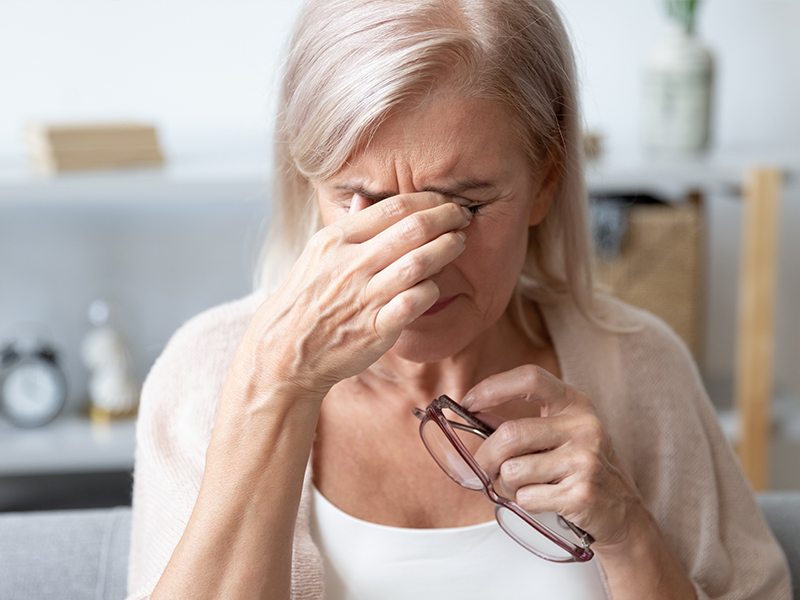For some reason in society, we don’t tend to think about elderly people as those that suffer from depression.
We often think about elderly relatives as the glue that holds
the family together, and someone who is always there to offer a kind ear when we
need it. However, depression is common in elderly people, especially those that
have issues with mobility, hearing and eyesight problems, and often spend most of
their time at home, on their own. Depression is not just a natural part of aging; it is
something we should all look out for in our loved ones and take seriously. It is often
the case that elderly people won’t say they are feeling depressed, or they may not
even recognise that they are dealing with depression. These are some signs to look
out for in an elderly relative, or friend.

Lack of Personal Care
If your usually immaculate elderly mother starts wearing dirty clothes, or fails to
brush their hair, it is a sign they may have depression. When people feel down on
themselves, they often don’t bother to try. It is something to look out for in your
elderly relative or friend.
Weight Loss
When people feel depressed, they don’t want to eat and ultimately, it causes them to
lose weight. If you notice weight loss with your relative or friend, you should take
notice as it might be that they are struggling. We tend to lose weight easily when we
are troubled in the mind.
Disinterested in Hobbies
If your elderly father loves reading the paper, but suddenly stops, it could be an
indication that they are depressed. When people suffer from depression, they get
enjoyment out of very little, so this is a strong indication that they might be dealing
with mental health difficulties.
Reduced Social Life
In cases where the elderly person usually has quite an active social life, but suddenly
doesn’t want to do anything, this could be a sign that they are feeling low. Feelings of
depression tend to go together with a longing to stay indoors and not do very much.
This is something to keep a careful watch over.
Supporting an Elderly Person with Depression
You should never leave an elderly person to sink into a depression, especially if you
recognise the signs. These are some ways you can help and support them.
Spend Time
Often elderly people just want some comfort, someone to spend time with them.
Isolation is one of the main causes of depression and a bit of time spent with them,
can go a long way. It is not always possible when you are busy, so you may want to
consider using our care services {link to contact us.} Our carers will provide your
elderly loved one with time and attention, and we will always ensure that there are
some common interests between the two, before pairing them up.
Small Steps
If your loved one has taken a disinterest to going out and socialising, try to
encourage them simply by inviting them on a short walk or trip to the shops. The
more they stay at home, the less likely they will want to go out, so encouraging them
is vital.
Introduce Activities
You may also want to try encouraging them to enjoy activities they may not have
considered before, such as playing cards. Try to actively encourage them to do new
things, you never know what they might end up enjoying.
Keep in Touch
If you can’t see them in person, give them a phone when you have a spare few
minutes, just to check up on them. Elderly people tend to give up on life when they
feel they are no longer wanted or needed. Never underestimate the power of
checking in on people.
Encourage Exercise
Exercise is important both for the mind and the body. If your loved one is no longer partaking in exercise, try to encourage them, even if it just means going for a short walk. If they are suffering from a condition, such as mobility issues, which requires a specific series of exercise, ensure they are doing this. If you are looking after an elderly friend or relative and need some respite care or want to set up a permanent care arrangement, get in touch and
we will undertake an assessment.